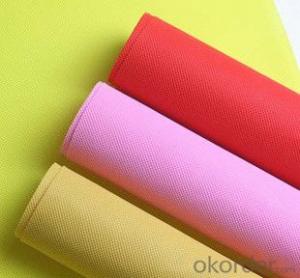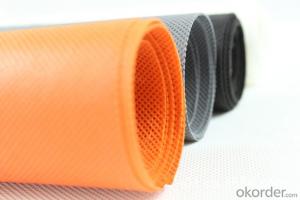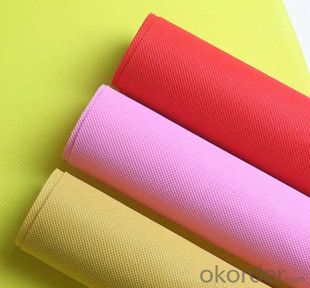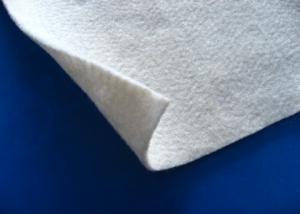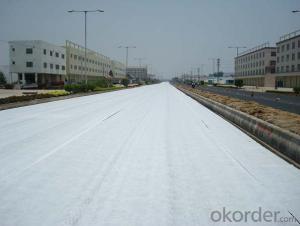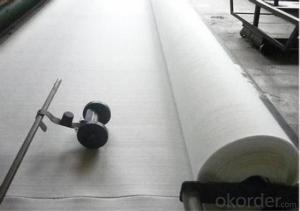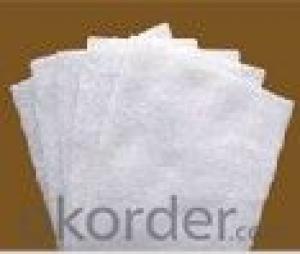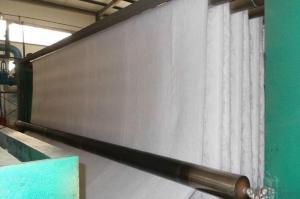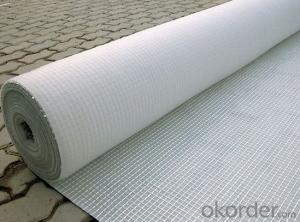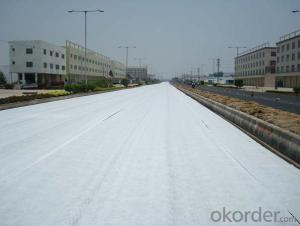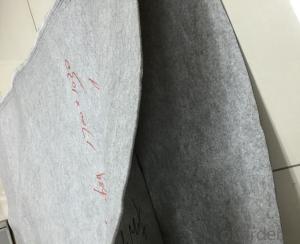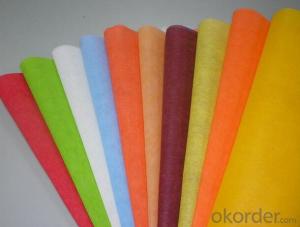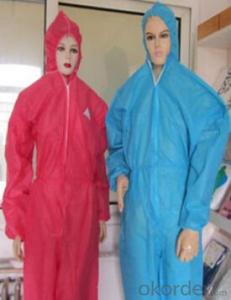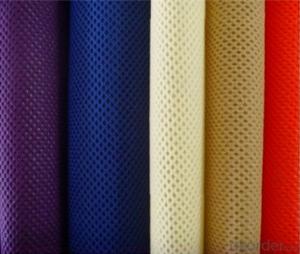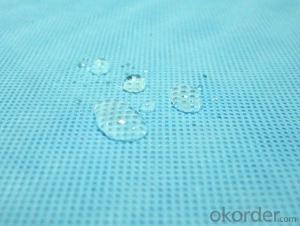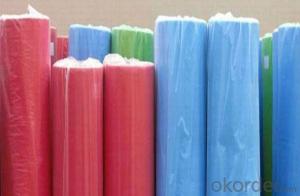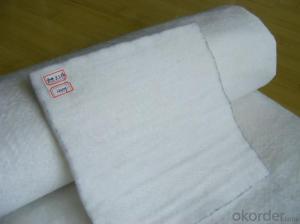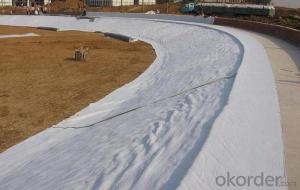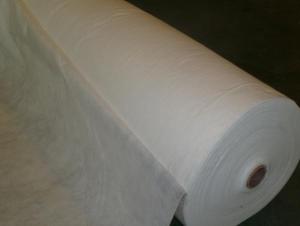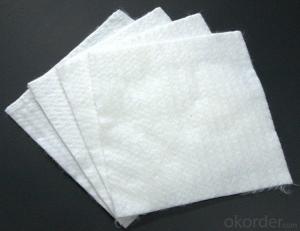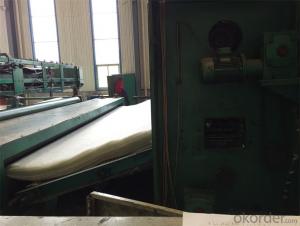Colorful PP Spunbonded Nonwoven Landscape Fabric Geotextile
- Loading Port:
- China Main Port
- Payment Terms:
- TT OR LC
- Min Order Qty:
- -
- Supply Capability:
- -
OKorder Service Pledge
OKorder Financial Service
You Might Also Like
Introduction of polypropylene spunbond non woven fleece fabric is used to protect the crops in agriculture UV resistance masterbatch could be added 1%~8%. It can protect the vegetable crops and new lawns against extreme weather, animal and insect damage, yet allows light, water and air to penetrate, creating protected growing conditions..
| | |
Material | 100% Polypropylene/100%PP |
Width | 0.4--3.2M |
Color | Any color available |
Roll Length | According to your requirement |
Technics | Nonwoven |
Nonwoven Technics | Spunbonded |
Pattern | Yarn Dyed |
Weight | 9-200GSM |
Style | Plain |
Feature | Waterproof,Mothproof,Eco-friendly,Non-toxic,Breathable,Anti-Bacteria |
Certification | ISO9001 |
Usage | Agriculture,Indrustry,Construction,Packaging,Home-textitle, etc |
MOQ | 1Ton/1000KG |
Payment Terms | T/T or L/C |
Delivery Time | Within 7-15 days |
Packaging Detail | Plastic film in roll |
| Shandong,China |
Loading of Port | Qingdao |
Sample | Free samples are available |
- Q: Who can talk about geogrid, fiberglass and geotextile What is the difference, from the material function, use all aspects of speaking, if the answer is good, I will add more points
- (Woo Yu. Friendship Plaza)
- Q: How do geotextiles help with pipeline protection?
- Geotextiles help with pipeline protection by acting as a barrier between the pipeline and the surrounding soil. They prevent soil particles from infiltrating the pipeline, which can cause corrosion and damage. Geotextiles also provide stability and support to the pipeline, reducing the risk of settlement and potential structural failures. Additionally, they aid in filtration by allowing water to pass through while retaining soil particles, ensuring proper drainage and preventing clogging of the pipeline.
- Q: Geotextile packaging what are the requirements
- Geotextile packaging requirements are as follows: 1, staple acupuncture non-woven geotextile according to set into a long volume of packaging. The fixed length shall be determined in accordance with the product specification or the parties concerned. 2, the product of the splicing rate should be less than 15%, the total length of each piece of stitching products should be 7.1.1 fixed length plus 1m or more, every 100m to allow splicing 2, or by the supply and demand sides to determine. 3, the length of the product in the 30m below a small package can be a separate package, for a head treatment, 4, product packaging should ensure that no scattered, no damage, no pollution. Users have special requirements, the supply and demand sides to determine the consultation.
- Q: What are the factors to consider when designing with geotextiles?
- When designing with geotextiles, there are several factors that need to be considered. These include the specific application or purpose of the geotextile, the physical and mechanical properties of the geotextile, the site conditions and environmental factors, the installation methods and techniques, and the long-term performance and durability requirements. Additionally, factors like cost, availability, and compatibility with other materials should also be taken into account during the design process.
- Q: Are geotextiles resistant to earthquakes?
- No, geotextiles are not inherently resistant to earthquakes. While geotextiles can provide benefits in terms of soil stabilization and erosion control, they do not have the ability to withstand seismic activity on their own. Additional engineering measures and materials are required to ensure structures are earthquake resistant.
- Q: Are geotextiles resistant to creep deformation?
- Yes, geotextiles are generally resistant to creep deformation. They are designed to have stable and long-term performance under sustained loads, minimizing the potential for creep.
- Q: How do geotextiles help with subgrade separation in pavement systems?
- Geotextiles help with subgrade separation in pavement systems by acting as a barrier between the subgrade soil and the overlying base and subbase layers. They prevent the mixing of these layers, which can lead to contamination and reduced structural integrity of the pavement. Additionally, geotextiles enhance the load distribution and drainage capabilities of the pavement system, improving its overall performance and longevity.
- Q: Geotextile (two cloth a film) to detect the frequency requirements? On behalf of the number?
- Geotextile and geomembrane detection frequency is 100 volumes detection time.
- Q: Geotextile how the weight of how many meters
- Cut with a pair of scissors 1 square meters, and then weighed, the total weight ÷ weight per square meter ÷ geotextile width = length meter (because the weight of geotextile deviation, the calculation results can only be roughly the same, not subject)
- Q: Can geotextiles be used in seawall construction?
- Yes, geotextiles can be used in seawall construction. Geotextiles are commonly used as a reinforcing material in seawalls to provide additional strength and stability. They help control erosion, prevent soil movement, and provide filtration to ensure proper drainage in seawall structures.
Send your message to us
Colorful PP Spunbonded Nonwoven Landscape Fabric Geotextile
- Loading Port:
- China Main Port
- Payment Terms:
- TT OR LC
- Min Order Qty:
- -
- Supply Capability:
- -
OKorder Service Pledge
OKorder Financial Service
Similar products
Hot products
Hot Searches
Related keywords
